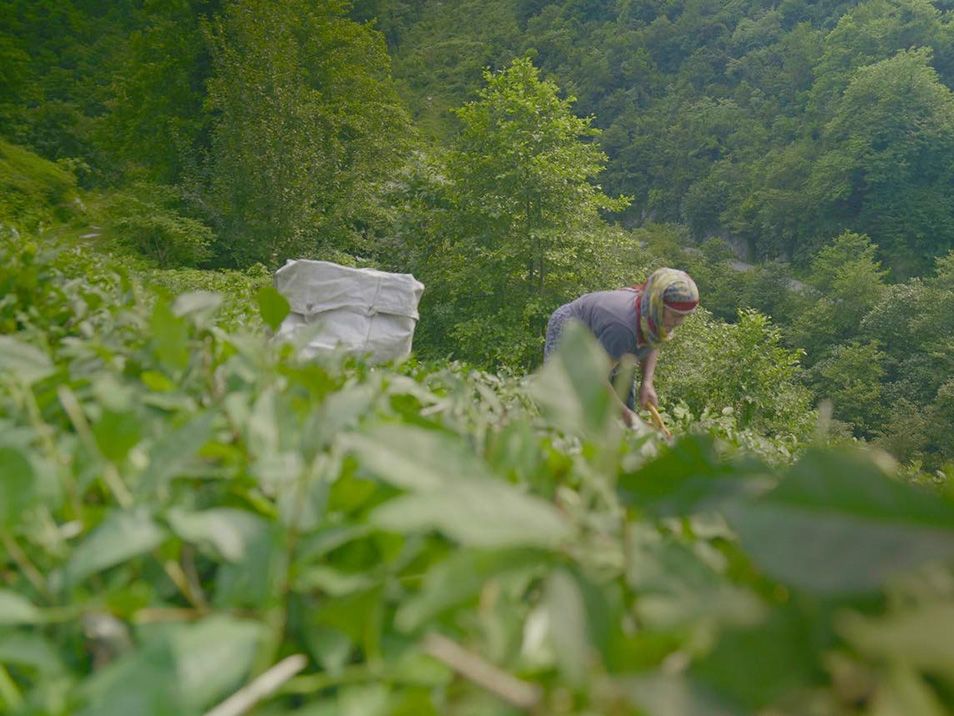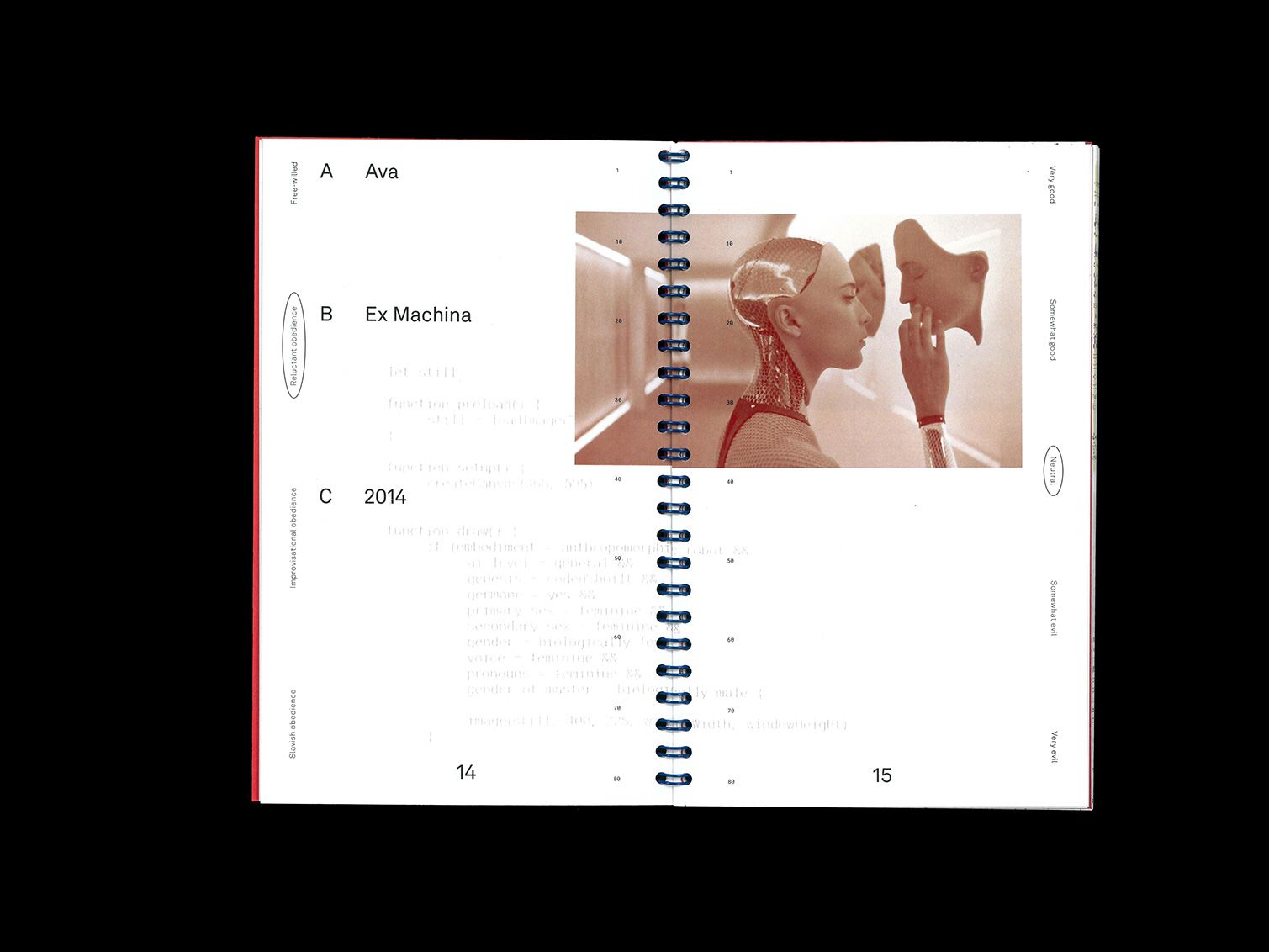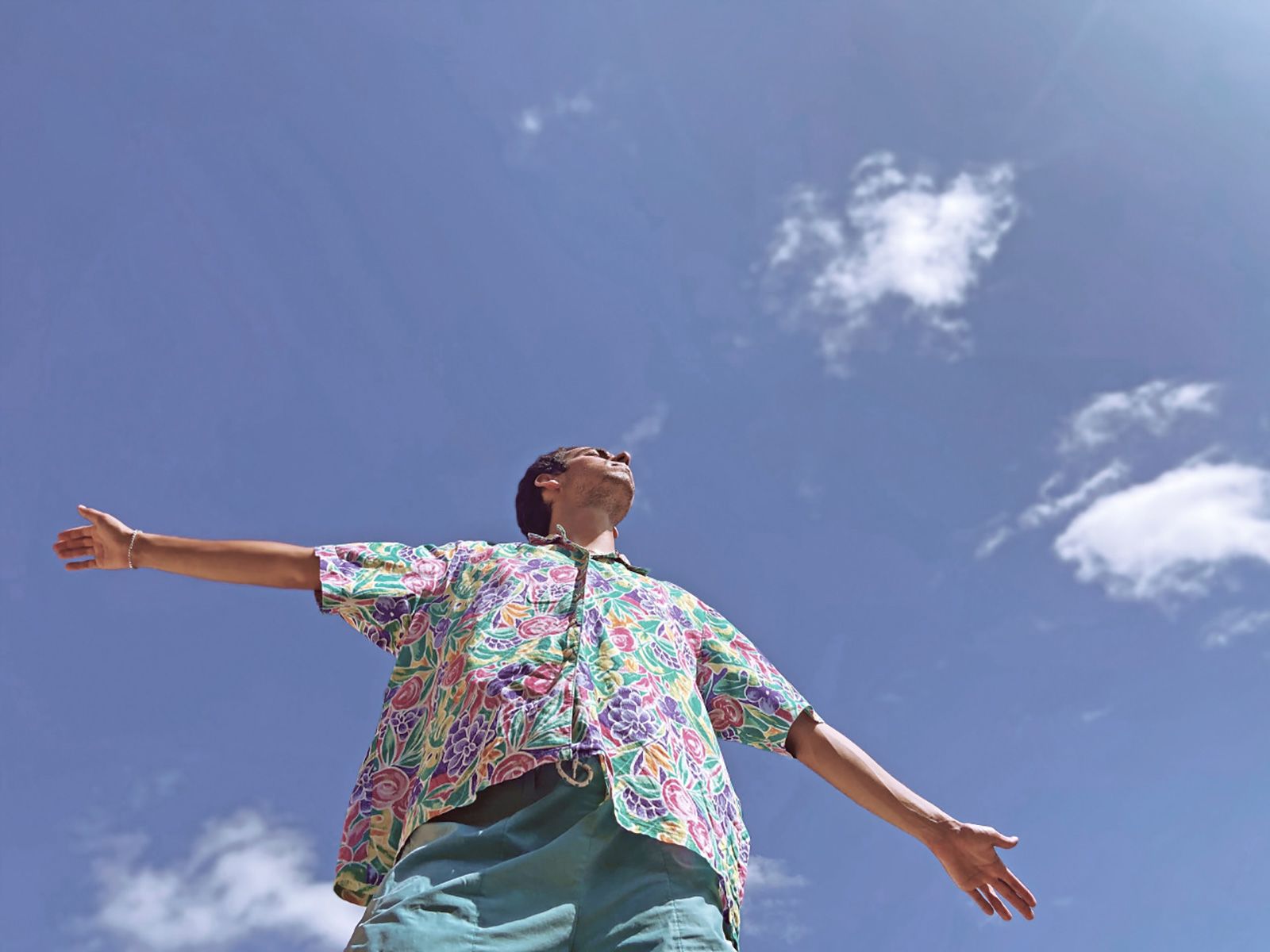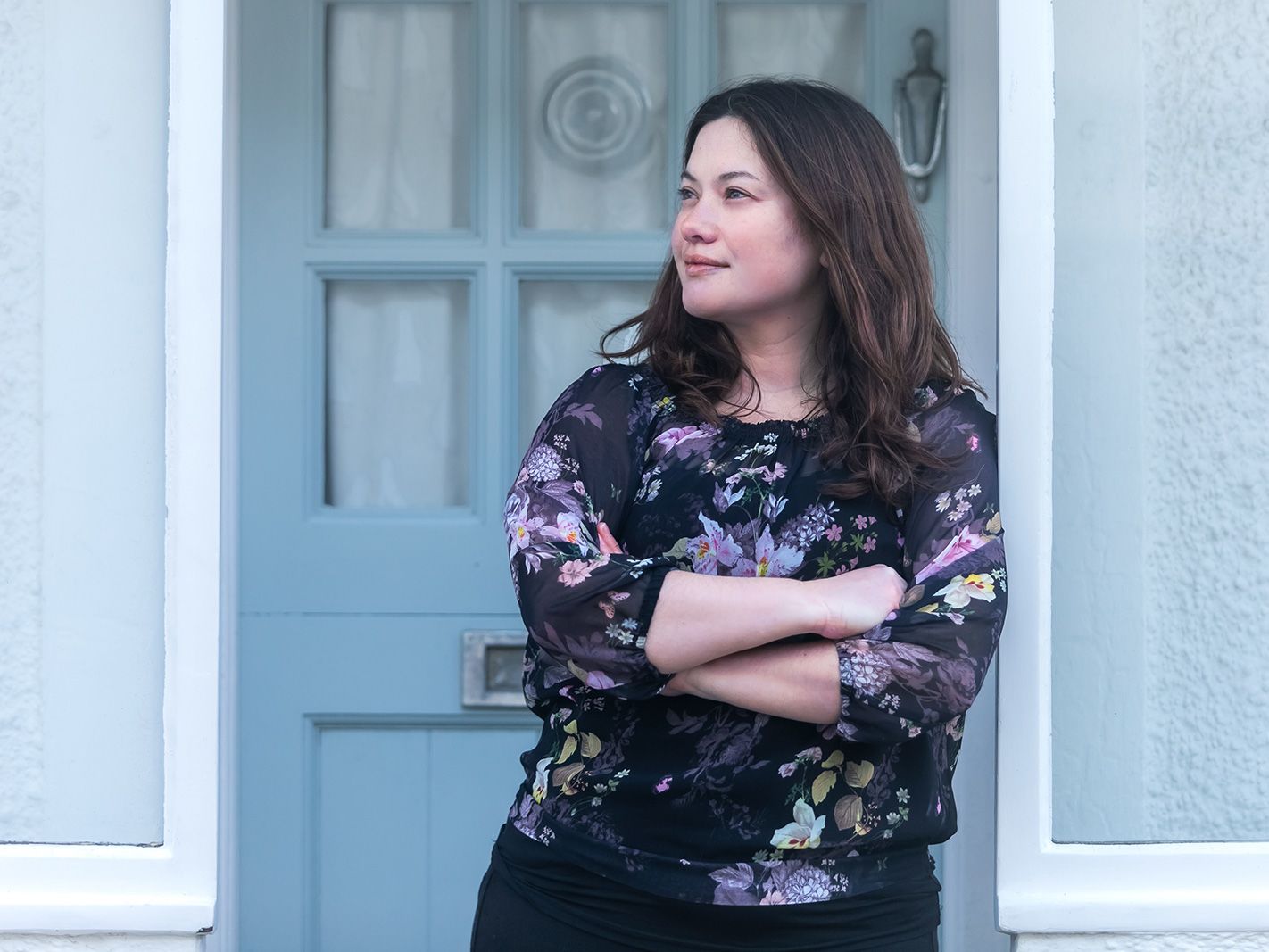
Mentoring Spotlight: Karl-Lydie Jean-Baptiste x Melissa Quashie
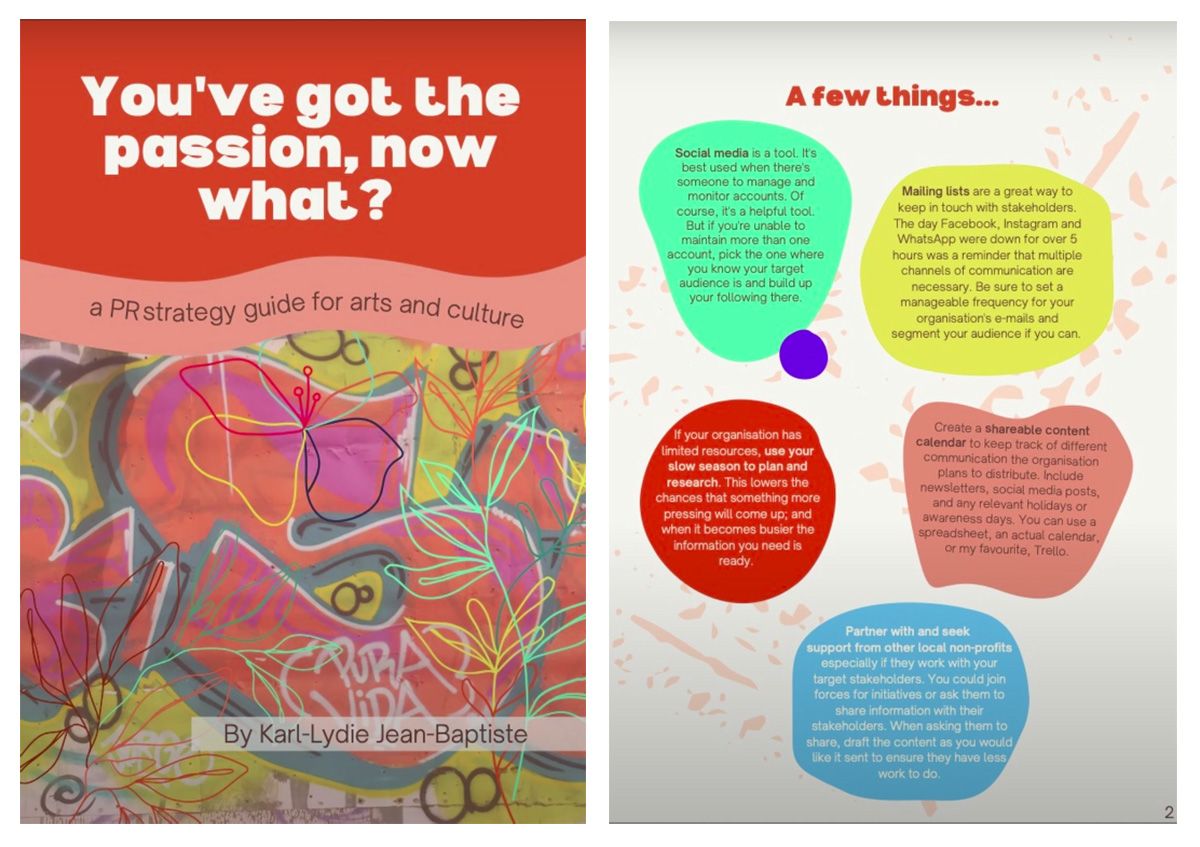
- Written byChloe Murphy
- Published date 21 March 2022

Graduates of London College of Communication (LCC) are makers, thinkers and innovators. Bringing inspiring ideas and ways of working to their chosen industries, they change the world around us in ways that make a positive difference to society.
Our alumni remain an important part of our community, and retain close ties to the College throughout their journeys as practitioners. As a result, many continue to make a profound impact on emerging creatives - not only through the influence of their work, but by taking part in opportunities to share vital industry insight, useful contacts and business knowledge. This might be through activities such as panel discussions, speed networking sessions and live briefs, all of which help to grow both the confidence and employability skills of the next generation.
The LCC Industry Mentoring Programme connects professionals with current students who are ready to take the next step in their career development. Many of our mentors are themselves graduates of the College and wider UAL community, bringing with them profound understanding, experience and insight in ways that resonate with those at the very start of their careers.
Together, mentors and mentees catch up regularly to explore a variety of ideas and aspirations that are tailored to specific goals. This helps students to feel more confident, informed and engaged in the professional landscape, while also enabling mentors to further develop their own skill sets while forming new connections across LCC's vibrant network.
We caught up with recent MA Public Relations graduate Karl-Lydie Jean-Baptiste and her mentor, Publicity Manager at Paramount Pictures UK, Melissa Quashie, to discuss the importance of creative thinking, forging new networks and exploring a range of interview approaches.

Karl-Lydie, how did you first become interested in the world of public relations (PR)?
It was a bit of trial and error, but here's the short answer: after graduating with a BA in Journalism from Temple University, I struggled to find a permanent, paid writing position. Then, after about 5 years or so, I decided to try communications.
At the same time, a friend I met through my university’s alumni chapter told me she was starting an arts and culture non-profit called BAMS Fest and invited me to join the communications team as a volunteer. After a few months with them, I started in a media relations position at the Massachusetts Institute of Technology (MIT).
Working at MIT taught me what I needed to learn about media relations in order to help small non-profits. The feeling of successfully securing articles in local outlets and strategising with the BAMS Fest team made me realise how much I enjoyed media relations and PR within that landscape.
Do you focus on any particular area, audience or approach through your creative practice?
I really enjoy working with the arts and culture sector: art is subjective and used for various forms of expression like protest and social commentary, and through the practice of PR, I can help to share that expression with the community.
Ideally, I’d like to share arts and culture opportunities with and from people who are Black or from the Global Majority because our experiences and perspectives are important and have historically been overlooked.
I think my focus tends to involve media relations, which I like because you can use outlets to highlight different aspects of an event or initiative. For example, if something is family-friendly and technology-based, you can increase press coverage by pitching to family and tech outlets.
Why did you apply for mentorship?
I decided to participate in the Industry Mentoring Programme because I was new to the country and didn’t have a professional network.
I was also aware that the culture here is different, and I’d need help navigating that.

Melissa, tell us a little about your creative journey so far.
I graduated from LCC's BA (Hons) Journalism course in 2010, and have since worked in entertainment PR across film and TV for organisations including the BBC, Channel 4, and The Walt Disney Company. Currently, I’m the Publicity Manager for Paramount Pictures UK.
Throughout my career, I've worked on a range of campaigns including the UK launch of Disney+, where I created fun concepts to promote films such as Hamilton, and organised a product demo event for journalists ahead of the launch.
Creativity is an important aspect of working in PR, as you’re always thinking of new and exciting ways to successfully engage with an audience to communicate a message or tell a story. It's a key part of my role, and I like to keep up-to-date with campaigns developed by other companies as well as current trends to further inspire my own creativity.
Why did you decide to volunteer your time to LCC's Industry Mentoring Programme?
I wanted to share my knowledge with university students who are interested in getting into PR or media. Having a mentor listen to the goals you’d like to achieve, work with you on your CV and interview techniques, and give insight around the types of job roles that are out there is extremely helpful - I myself have had mentors who have been able to help me set and achieve goals while offering advice about working in PR.
Over the years, I've also noticed the lack of diversity within PR. I want to mentor and support other Black people who aspire to work in the industry.

What support have you both been able to access and offer through taking part in our mentoring initiative?
Karl-Lydie: Because of the pandemic, Melissa and I had virtual meetings every month, where we discussed what I was hoping to get through the mentorship, as well as my goals.
One helpful task was to look at existing job vacancies and compile the ones I was interested in. This allowed me to narrow down the positions I would potentially like to apply to while seeing what already existed, along with the kinds of experiences I should highlight in my CV.
Melissa: I’ve helped Karl-Lydie to gain a better understanding of the areas that she’d most like to work in, as well as the kinds of job levels to apply for.
I asked Karl-Lydie to read mid-senior/senior level job descriptions for PR roles within the arts and culture sector to identify the types of key responsibilities and skills required, and we went through her findings in one of our mentoring sessions. We then used these examples to work on Karl-Lydie'a CV and cover letter so all the great work experience she has already completed stood out – and, as a result, Karl-Lydie was invited to a number of interviews.
I also encouraged Karl-Lydie to apply for roles that she felt were too senior. After discussing the job levels in PR – both in terms of in-house and within an agency - I was able to support Karl-Lydie in gaining more confidence around applying for roles that she may have not considered previously.
We also attended PR networking events, which offered opportunities for Karl-Lydie to build contacts within the industry and to expand her network.

Karl-Lydie, how has taking part in the Industry Mentoring Programme helped you to develop your employability skills?
Job hunting is stressful and time-consuming. Melissa made sure my CV adequately represented me and my experiences, and that I was prepared for my interviews. She also gave me potential interview questions to prepare responses for, and suggested I make a note of the questions I was asked to prepare for future interviews too.
With Melissa’s guidance, I felt prepared and even relaxed for them; especially the interviews for my current position as Press Officer at the Young Vic.
Melissa, what have been the highlights of your time as an LCC industry mentor?
I think one of my biggest highlights has been seeing Karl-Lydie achieve her goal to secure a PR role within the arts and culture sector. Our interview practice was key in helping to build her confidence and showcase her experience in the best possible way.
Karl-Lydie started her PR role as a Press Officer at the Young Vic Theatre in January this year, which she’s enjoying - it’s great to see Karl-Lydie get a job so soon after finishing her Master’s degree, and that she’s able to further develop her experience.
This was my first time mentoring, and I’ve also gained confidence in sharing my knowledge and experience of working in PR with someone who’s beginning their professional career.
MA Public Relations | Karl-Lydie Jean Baptiste
Karl-Lydie, what are your top tips for other students on how to make the most of mentorship?
It’s important to remember that mentoring is a two-way relationship: as a mentee, you have to be open to your mentor’s suggestions, but your mentor has to have guidance for you in relation to what you want to get out of the experience.
Melissa, why would you encourage other creative practitioners to sign up as mentors?
The support and guidance is incredibly valuable to university students who are looking to enter their chosen industries. Working in the industry your mentee aspires to have a career in gives them a better understanding of the profession, and helps them to develop their own career plan.
It’s very rewarding to work with your mentee to help them achieve their goals, especially when you then see them obtain a job role through the mentoring process.
LCC's Industry Mentoring Programme is currently offered as part of our Upgrade Your Future Path initiative, which supports postgraduate students to explore potential careers in the creative industries. Applications for both mentors and mentees will reopen in 2022.
Related links:
- Learn more about our MA Public Relations and BA (Hons) Journalism courses.
- Explore our Industry Mentoring Programme.
- Find out more about the work of Business and Innovation at LCC.
